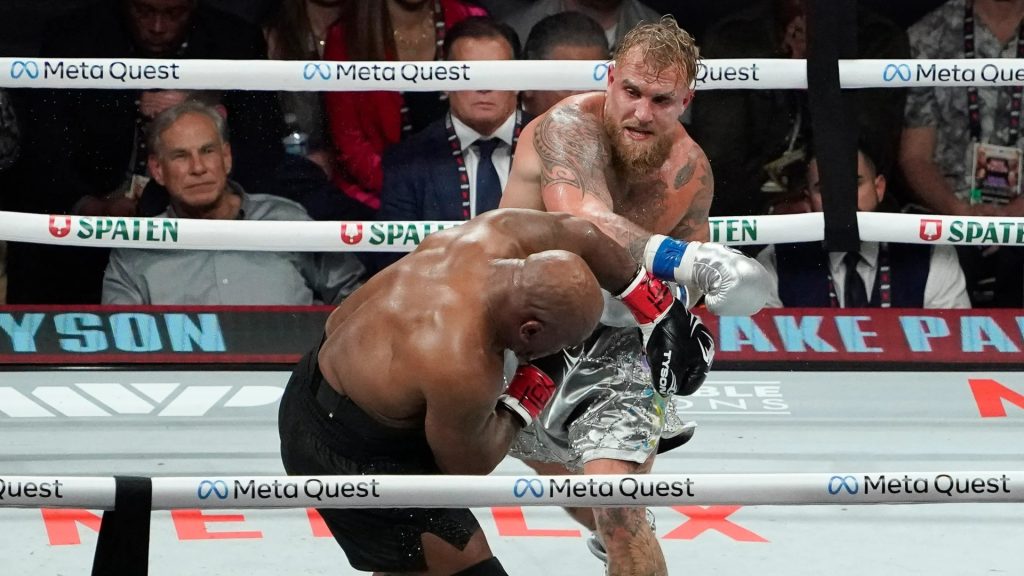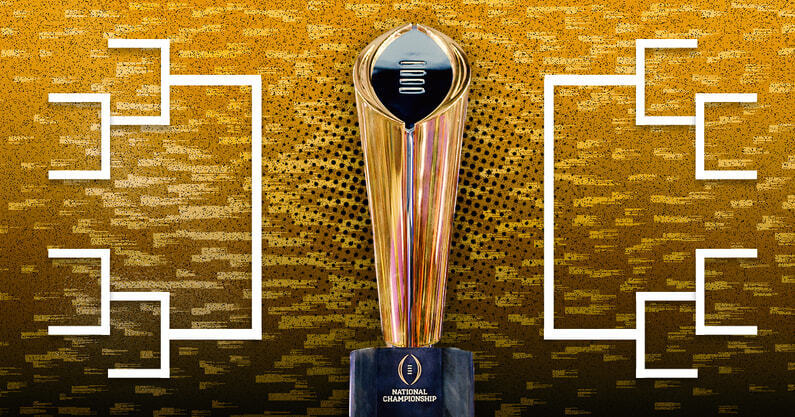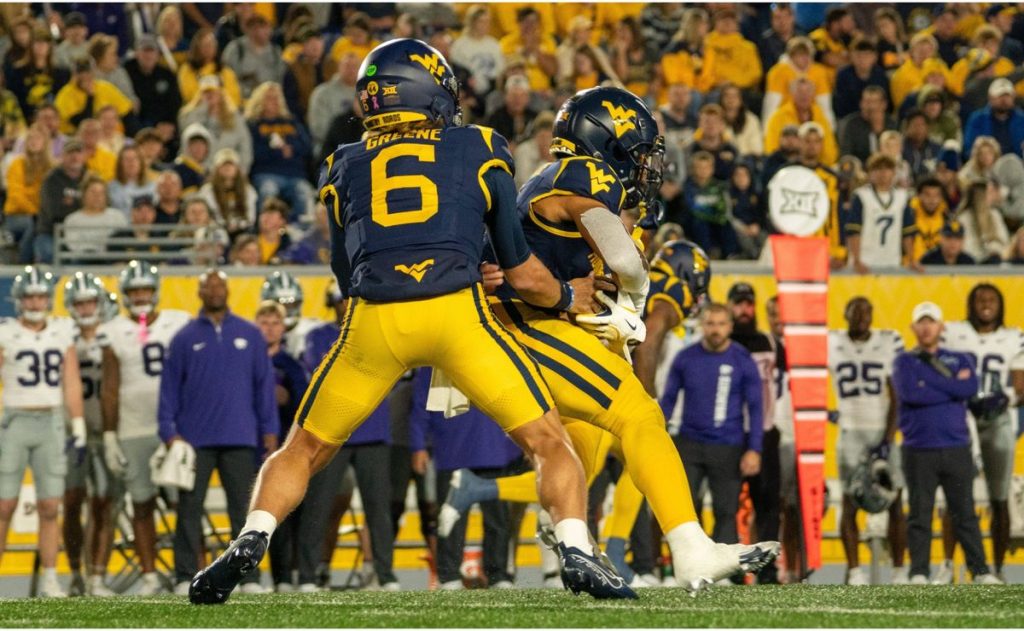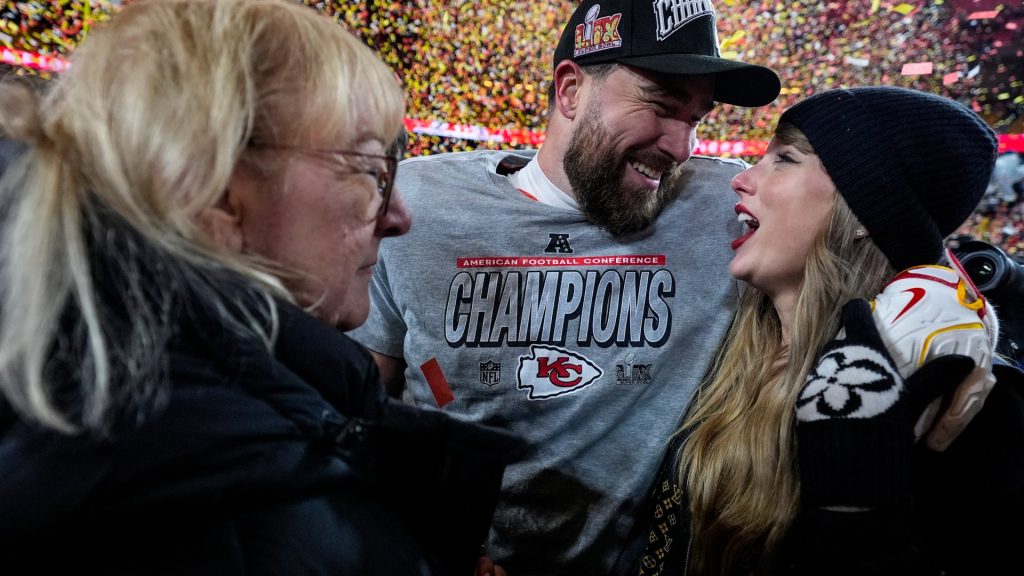In the ever-evolving landscape of college football, the future of spring games is under serious scrutiny. Greg McElroy, a prominent voice in the sport, recently shared his insights on the matter, suggesting that these beloved events may soon become a relic of the past.
Spring Games: A Tradition at Risk
During an episode of ‘Always College Football,’ McElroy expressed his concerns about the diminishing role of spring games in college football. He pointed out that these events have transformed into prime opportunities for tampering, making it increasingly difficult for programs to justify their continuation.
The Tampering Dilemma
“With the era that we’re in right now, I really believe that spring games are reaching to the point of kind of no return,” McElroy stated. The crux of his argument lies in the fear of exposing talented players to potential poachers from rival programs. “Let’s just call it what it is. The main reason why these guys don’t want to play is they don’t want tampering to be done with their roster,” he added.
Concerns from Coaches
This discussion gained traction after Nebraska’s head coach, Matt Rhule, hinted that the Cornhuskers might skip a traditional spring game this year. Rhule’s concerns stem from previous experiences where players became targets for other teams following standout performances in spring games.
“I don’t really blame Matt Rhule for saying, ‘Hey, guys, we’re going to keep this kind of in-house,’” McElroy remarked. “We’re going to compete and do our best in the fourteen practices that are not public, but we’re not going to have a spring game because we don’t want to create an opportunity for our guys to potentially get picked off by other teams.”
Historical Context of Tampering
McElroy reflected on past incidents, recalling the case of Maalik Murphy, the Texas quarterback, during the Longhorns’ spring game in 2022. He noted that this is not an isolated issue; several programs are reconsidering their spring game strategies due to the growing concern over transfer tampering.
Innovative Alternatives
“This is not the first time we’ve seen this,” McElroy explained. “Last year, Ole Miss opted for a spring festival instead of a traditional game, featuring tug-of-war and slam-dunk contests. They wanted to avoid putting tape out there that could attract attention to their players.” He also mentioned that UCF has decided against holding a traditional spring game this year, echoing similar concerns as Rhule.
The Need for Change
With these developments, McElroy called for action to address the rampant tampering that is impacting the sport. “We’ve got to get tampering under control… Tampering is – it’s free agency. Whether you like it or not, it is,” he asserted. He expressed frustration over how some player agents mislead athletes into entering the transfer portal, creating a chaotic situation where many players find themselves without a place to go.
Passion for Spring Football
Despite these challenges, McElroy’s love for spring football shines through. He reminisced about how he eagerly anticipates these games, even admitting, “I’m one of those sickos that will sit there and watch in May when I’m just desperate for any type of football.”
The Fan Experience
“I’m bummed about it, man. Spring games are awesome. They’re something to look forward to and they’re great for the fans,” he lamented. “It’s cheap. In some cases, it’s free, and it allows fans to watch their favorite teams on a beautiful, sunny afternoon in April. Now that could be going away is unfortunate, but I get it.”
The Bigger Picture
As McElroy pointed out, the implications of tampering extend beyond just spring games. “If I were a coach, I’m not sure I want to expose the guys to the publicity that they would be potentially garnered with a great spring game performance,” he said. Ultimately, coaches must prioritize the well-being of their teams over individual players, which is a tough but necessary decision.
Looking Ahead
As college football navigates this tumultuous period, the fate of spring games hangs in the balance. With the rise of tampering and the evolving dynamics of player recruitment, it’s unclear what the future holds. However, one thing is certain: the passion for college football remains strong, and fans will continue to rally behind their teams, no matter the format.



























